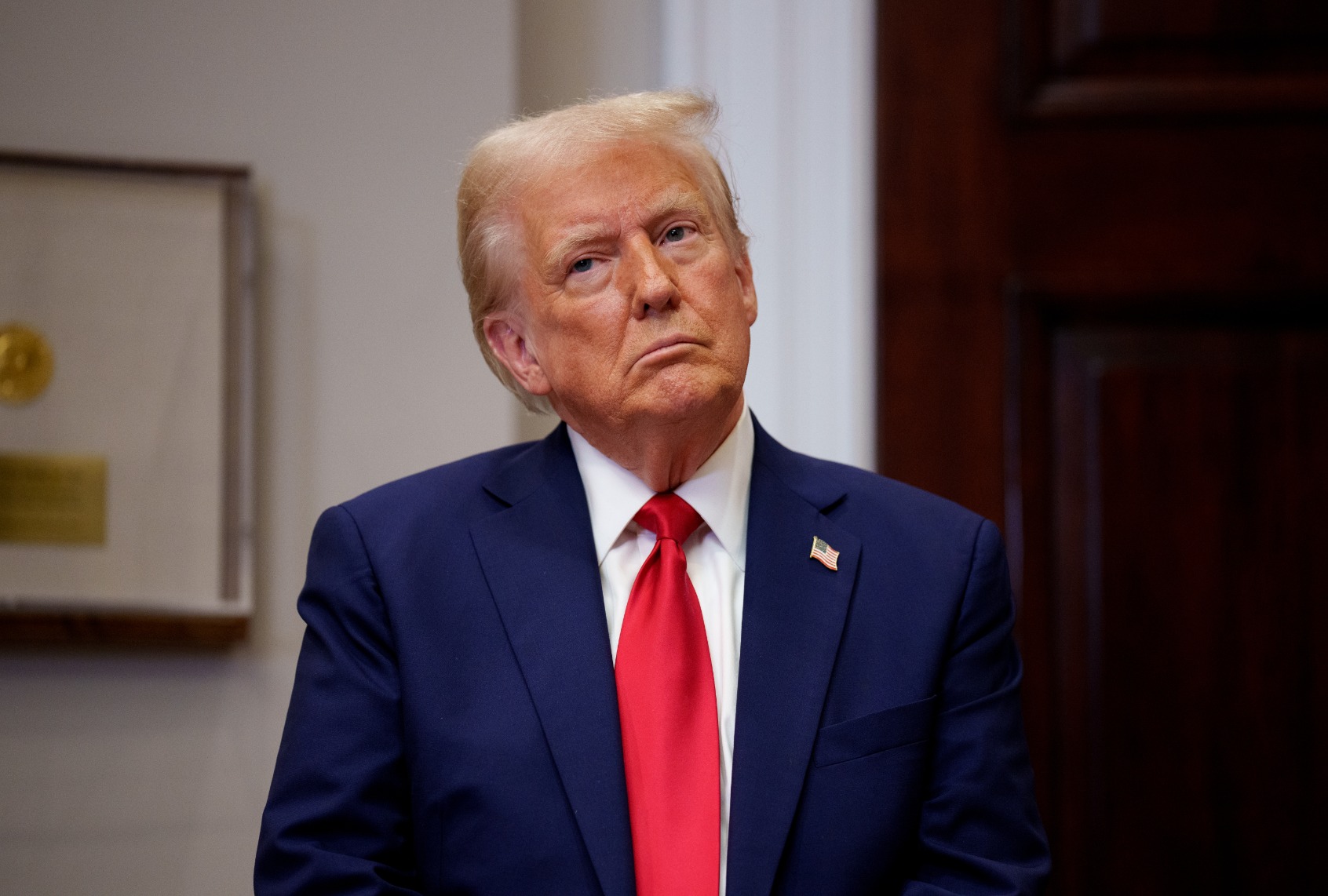Before he was ordering the extrajudicial killing of South American civilians and before he was offering up $50 million in U.S. taxpayer funds for the head of his authoritarian counterpart in Venezuela, Donald Trump wasn’t so sour on Nicolás Maduro and his fossil fuel-rich country. They were never close spa buddies, like he and the convicted child sex trafficker Jeffrey Epstein, but the U.S. president and three-term strongman did share a love language.
In 2016, a month before Trump was first inaugurated, Maduro and his government donated some $500,000 — just under $670,000 in today’s money — so that the man who would be king, who would go on to imprison, abuse and even kill Venezuelan nationals without trial, could throw one hell of a party. According to the Federal Election Commission, Venezuela, via its state-owned oil company, PdVSA, and its U.S. subsidiary, CITGO, was indeed one of the single largest donors to Trump’s first inaugural committee; so much money was raised that nearly $26 million was left over to pay an event planning company founded about 30 days prior by an aide to his wife, Melania.
That’s pretty neat. With the 79-year-old president also lashing out at his former benefactor, moving F-35 stealth fighter jets to the region (“It looks to me like the US military is going to war,” observed a Fox News correspondent) after just unilaterally accusing, convicting and then slaughtering 11 purported drug traffickers off the coast of Venezuela, it’s also pretty relevant.
The charge is not that Mr. Maduro bought himself anything meaningful and lasting with that half-million-dollar donation. The contribution was a reflection of the times, when pundits and some foreign ministers confused Trump’s opportunistic criticism of his predecessors and “America First” rhetoric with a less militaristic approach to foreign affairs, as well as the general incompetence of the political leadership in Caracas, which in the run-up to the 2016 election used its English-language state media to promote Trump as the candidate “less likely to engage [America] in needless wars.”
The accusation, rather, is that Trump took money from a man who is, in the words of Defense Secretary Pete Hegseth, “effectively a kingpin of a drug narco state” — or as Trump himself put it, a man “responsible for mass murder, drug trafficking, sex trafficking, and acts of violence and terror across the United States and Western Hemisphere.”
Sounds like a monster, if true. Here, then, is a complementary question that may be asked by any sentient member of the Washington press corps: Why did you take so much of that blood-soaked money?
We need your help to stay independent
Students of history will recall that, about nine months ago, taking money from a foreign energy firm was once deemed scandalous by America’s ruling party. Burisma, a natural gas company in Ukraine, had put the then-vice president’s son on its board, Hunter Biden trading on his dad’s name and pocketing tens of thousands of dollars in return. Although no evidence ever emerged that the father had acted improperly — an FBI informant with claimed connections to Russian intelligence, cited by congressional Republicans, ultimately pleaded guilty to concocting a phony bribery story involving the “Biden crime family” — the mere appearance of impropriety was sufficient to generate years of hearings and innumerable headlines in conservative media.
Following the lead of Republicans and an assortment of right-wing hacks, Democrats and what’s left of the free press could ask some questions.
Start your day with essential news from Salon.
Sign up for our free morning newsletter, Crash Course.
Is Trump, whose first inaugural committee pocketed drug money from a terrorist sex trafficker (by the president’s own claim) — and whose company, in 2015, allegedly sold ocean-view property in the Dominican Republic to a shell company for a powerful Maduro ally — have something personal to gain from a lawless strike on purported narcos in the Caribbean Sea?
Or was Trump repaying a bribe when he canceled legal status for hundreds of thousands of people who fled the Maduro regime, allowing Venezuelans to now be deported back to an economically devastated nation that is desperate to stanch the exodus of its middle class?
“[I]t’s clear that allowing Venezuelan nationals to remain temporarily in the United States is not in America’s best interest,” the Department of Homeland Security announced last week. Is that because it’s not in Venezuela’s interests, either?
The answers are almost certainly “no,” Maduro, despite his sizable contribution to Trump’s inaugural slush fund, treated no better than a contractor on a Trump hotel. But if it were any other president, the questions would almost certainly be asked. What, Mr. President, did you do with all that blood money, and why did you ever think it was fine to accept it in the first place?
What appears to have been missing over the past decade are political reporters and a Democratic opposition up to the task.
Read more
about US-Venezuela relations


